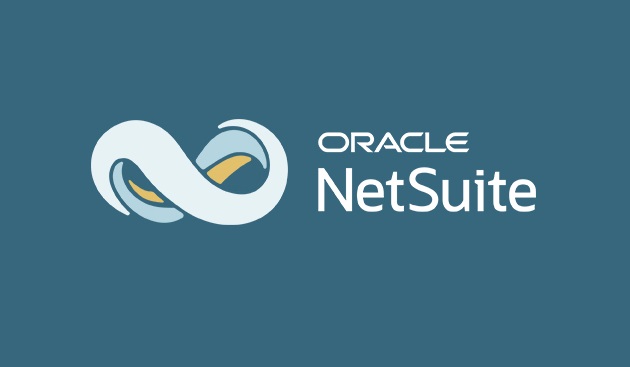 It’s no secret that the world is changing. But the changes that may ultimately have the biggest impact are harder to see.
It’s no secret that the world is changing. But the changes that may ultimately have the biggest impact are harder to see.
When we talk about change and transformation in accounting, we like to focus on the flashy stuff. The list is usually dominated by advances in technology like artificial intelligence, cognitive computing, robotics, and more recently, blockchain, and cryptocurrencies.
Less obvious are the regulatory changes that will accompany these technological leaps forward.
Regulators move much slower than the pace of technological change, but that movement — slow as it may be — is just as impactful. The folks who oversee our profession are watching these advances, and they are carefully considering how these new technologies should be regulated. Eventually, our regulators and legislators will have their say — and we’ll have to comply.
That puts regulation on par with technology as a “hard trend” that will impact our work for years to come. Firms will be challenged to:
- Remain flexible
- Adapt to ongoing complexities
- Standardize business processes
Read this whitepaper to learn how business process standardization not only helps alleviate the increased risk that comes with legislative changes, but it can also increase firm revenue and improve overall quality of work.

Thanks for reading CPA Practice Advisor!
Subscribe Already registered? Log In
Need more information? Read the FAQs



